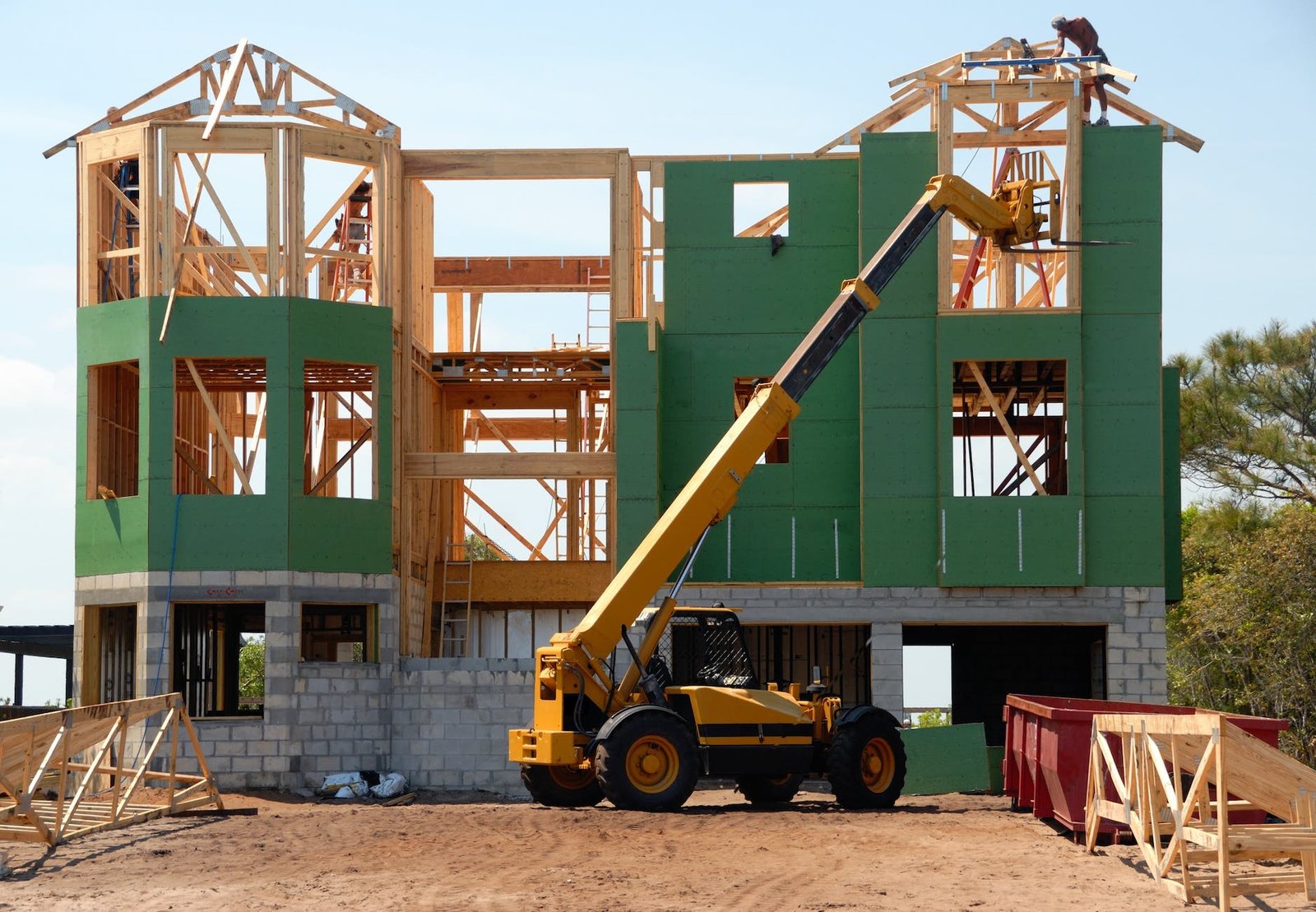When you’re deciding whether buying a house is better than renting, one crucial aspect to consider is the quality of construction in new homes. According to Dream Finders Homes, “In most situations, paying rent is way more expensive than buying.” Evaluating this can help you make an informed decision, ensuring that your investment is sound and your new home is built to last.
Searching for the best seawall contractors near me can save time and offer personalized solutions. Explore trusted seawall contractors near me to protect your property with expert guidance.
Foundation and Structure
The foundation is the backbone of any home. Start by inspecting the foundation for cracks, water damage, or signs of uneven settling. A well-laid foundation should be solid, without any visible defects.
Next, examine the structural elements of the house. Look at the framing, beams, and columns. These should be sturdy and free from any warping or damage. High-quality materials and proper construction techniques are essential for a strong structure.
Don’t forget to check the walls and ceilings for signs of structural integrity. Any cracks or unusual settling patterns can indicate underlying problems that need attention before you commit to buying the house.
When evaluating the quality of construction in new homes, pay attention to details such as materials, craftsmanship, and overall design. A well-constructed home not only enhances comfort but also ensures long-term durability. If you’re considering new roofing options, partnering with a Roofing Company Spokane can provide you with expert guidance and quality solutions tailored to your specific needs, ensuring that your home remains a safe and beautiful space for years to come.
Roofing and Insulation
The roof is your first line of defense against the elements. Inspect it for quality materials and proper installation. Look for any signs of wear, missing shingles, or poor workmanship. A good roof should last many years without significant issues.
Insulation is another critical aspect. Proper insulation helps maintain a comfortable indoor temperature and reduces energy costs. Check if the home is well-insulated in the attic, walls, and floors. High-quality insulation materials and proper installation techniques are vital for an energy-efficient home.
Ensure the home has good ventilation systems to prevent moisture buildup, which can lead to mold and other problems. Properly installed vents and exhaust fans are indicators of a well-constructed home.
Plumbing and Electrical Systems
Plumbing and electrical systems are the lifelines of a home. Evaluate the plumbing by checking for leaks, water pressure, and the quality of fixtures. Look for corrosion or any signs of poor workmanship. High-quality pipes and fittings are essential for a reliable plumbing system.
Inspect the electrical system for safety and efficiency. Check the wiring, outlets, and circuit breakers. Everything should be up to code and installed professionally. Faulty electrical systems can pose serious safety hazards, so ensure everything is in top condition.
Materials and Finishes
The materials used in construction can tell you a lot about the home’s quality. Look for high-quality, durable materials in every part of the house, from the flooring to the cabinetry. Hardwood floors, granite countertops, and solid wood cabinets are indicators of good quality.
Pay attention to the finishes, like paint, trim, and tile work. These should be done neatly and professionally, without any visible flaws. Quality finishes not only enhance the home’s appearance but also indicate attention to detail in the construction process.
Environmental Considerations
Consider the environmental impact and sustainability of the home. Look for energy-efficient features, like solar panels, energy-efficient appliances, and proper insulation. These not only reduce your carbon footprint but also lower your utility bills.
Check if the home has any green certifications indicating it meets certain environmental standards. Sustainable building practices and materials can enhance the home’s value and your quality of life.
Evaluating the quality of construction in new homes involves checking the foundation and structure, roofing and insulation, plumbing and electrical systems, materials and finishes, and environmental considerations. Each aspect is crucial to ensure your new home is built to last, be safe, and be energy-efficient. By thoroughly inspecting these elements, you can make a well-informed decision about your new home.
Molly Famwat is a masterful wordsmith, excelling in crafting all types of content. With a knack for engaging narratives and precise information, Molly turns every piece into a compelling read that resonates with audiences.

